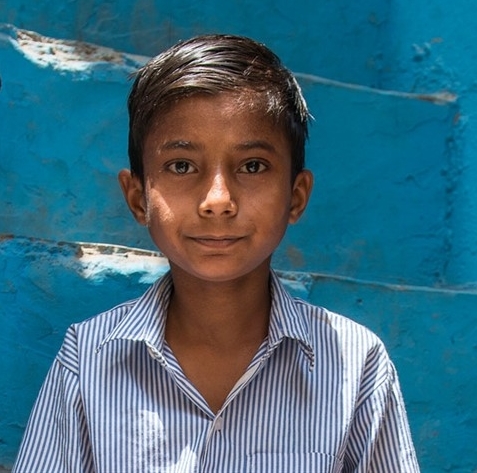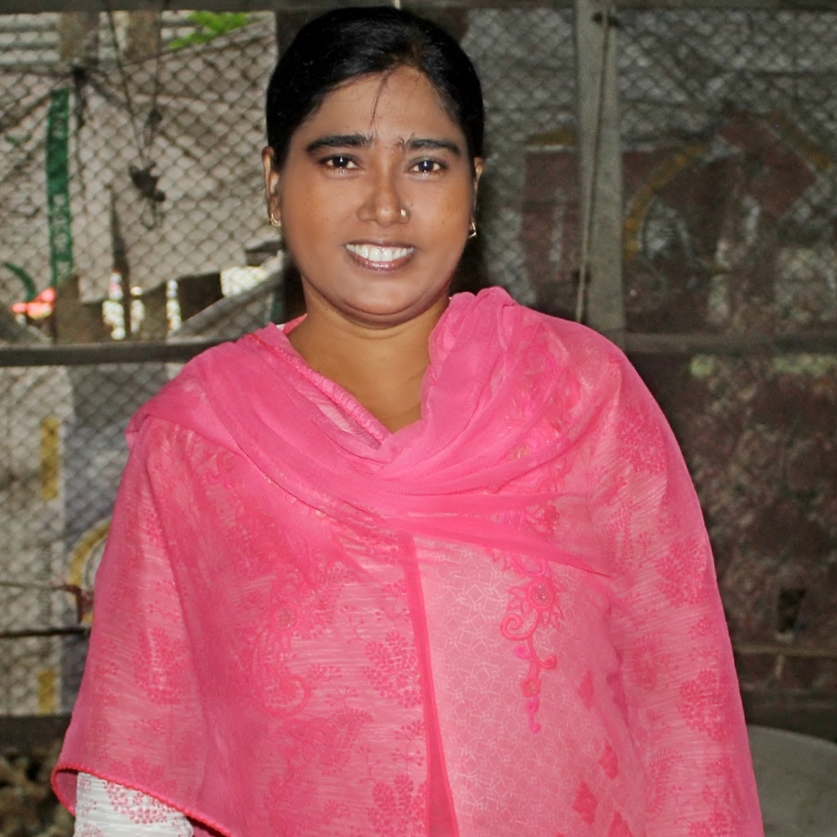
I am a housewife with three children from India’s Andhra Pradesh state. Feeling no pain after burning my fingers while cooking, I went to the hospital. There I was diagnosed with leprosy and began a 12-month course of multidrug therapy (MDT). Despite treatment, the physical effects of leprosy can still linger. My fingers had become deformed and clawed. Reconstructive surgery was recommended. After my return home, the COVID-19 pandemic was declared, and local lockdown restrictions were put in place. I worried a lot about my health condition after the surgery and almost lost hope about receiving post-operative treatment. The Lepra team stepped in and not only arranged my transport to the hospital where I received all needed treatment; they advised me on a range of rehabilitation exercises to keep my fingers moving. I am very grateful.


